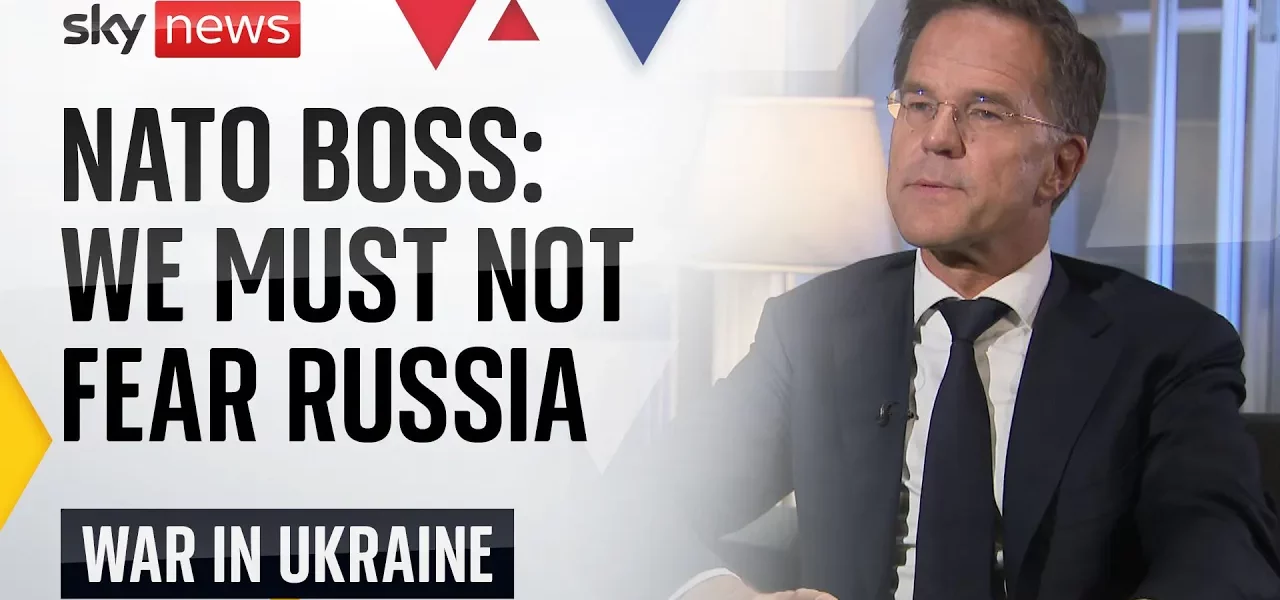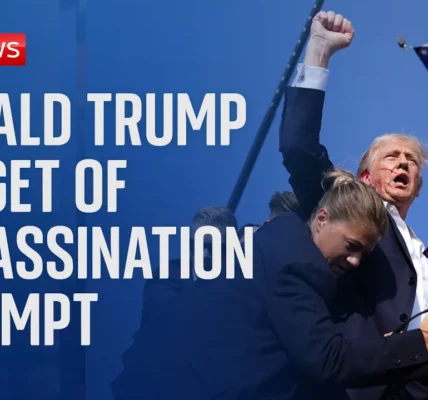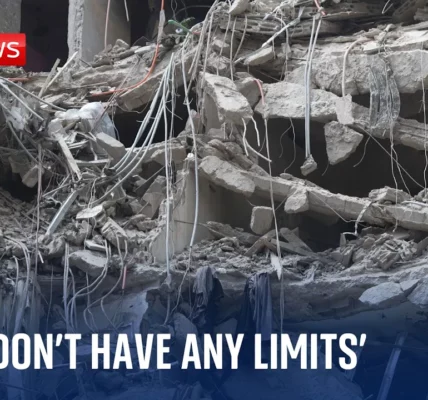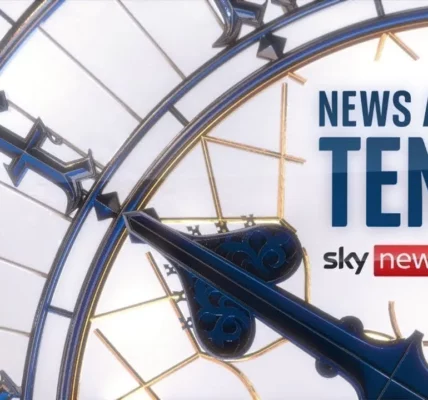Ukraine’s Victory Plan: NATO’s Support and Challenges Ahead

In a crucial moment for Ukraine, President Zelensky’s visit to London highlights the urgent need for continued military support from NATO allies as the country grapples with Russian aggression. This article explores the implications of Ukraine’s victory plan and the various responses from NATO and its allies.
Introduction
As Ukraine navigates the complexities of an ongoing war with Russia, President Volodymyr Zelensky has embarked on a rapid tour of European capitals, seeking to solidify support for what he refers to as a “victory plan.” This endeavor is not just a diplomatic mission; it represents a critical juncture for Ukraine’s future. In this article, we will delve into the details of Zelensky’s visit to London, the significance of NATO’s role, and the broader implications for international security.
The Significance of Zelensky’s Visit to London
President Zelensky’s stop in London signifies a strategic effort to rally support from one of Ukraine’s key allies. The meeting, which included discussions with NATO’s new chief, emphasizes the urgency of military and diplomatic backing.
Key Discussions
- Military Aid: Continuous support from NATO and allies is crucial for Ukraine.
- Long-range Missiles: Ukraine seeks permission to use Western long-range missiles against Russian targets.
- NATO’s Stance: Allies need to maintain a united front against Russian threats.
Quotes from Key Figures
During the discussions, the former Dutch Prime Minister remarked on the necessity of keeping military aid flowing into Ukraine, stating, “One weapon system will not change the outcome of the war.” This highlights the multifaceted approach required to bolster Ukraine’s defense.
NATO’s Response to Russian Aggression
NATO’s response to the ongoing conflict is critical in maintaining regional stability. The alliance’s military exercises and strategic planning aim to deter further Russian aggression and reassure member states of their security.
Annual Nuclear Exercises
NATO allies are conducting annual nuclear exercises, sending a clear message to Moscow regarding their readiness to respond to any threats. These exercises serve multiple purposes:
- Testing Defense Capabilities
- Communicating Deterrence to Adversaries
- Promoting Unity Among Allies
Addressing Hybrid Threats
As highlighted by recent speeches from intelligence leaders, NATO must take hybrid threats seriously. The rise of Russian intelligence operations across Europe poses a significant challenge:
- Increased Coordination Among Allies
- Enhanced Intelligence Sharing
- Public Awareness Campaigns to Combat Misinformation
The Broader Implications for International Security
The conflict in Ukraine is not isolated; it has broader implications for global security, especially concerning NATO’s role and potential involvement in other crisis situations, such as the Middle East.
NATO’s Limitations
As noted by NATO’s leadership, while the alliance plays a crucial role in the North Atlantic region, it cannot resolve every global crisis. However, individual NATO allies are actively involved in critical situations, such as the ongoing conflict in Israel.
Humanitarian Concerns
The humanitarian disaster unfolding in regions like Gaza and Lebanon must not be overlooked. The loss of lives due to conflicts necessitates a comprehensive approach that balances military readiness with humanitarian assistance.
Conclusion
President Zelensky’s visit to London underscores the pressing need for Ukraine to receive unwavering support from NATO allies. As the country implements its victory plan, it is essential for the international community to stand firm against Russian aggression. The importance of military aid, strategic planning, and addressing hybrid threats cannot be overstated. As global tensions rise, maintaining a united front will be crucial for ensuring not only Ukraine’s sovereignty but also the stability of the entire region. We encourage readers to stay informed on this critical issue and support ongoing efforts to assist Ukraine in its fight for freedom.
“`




